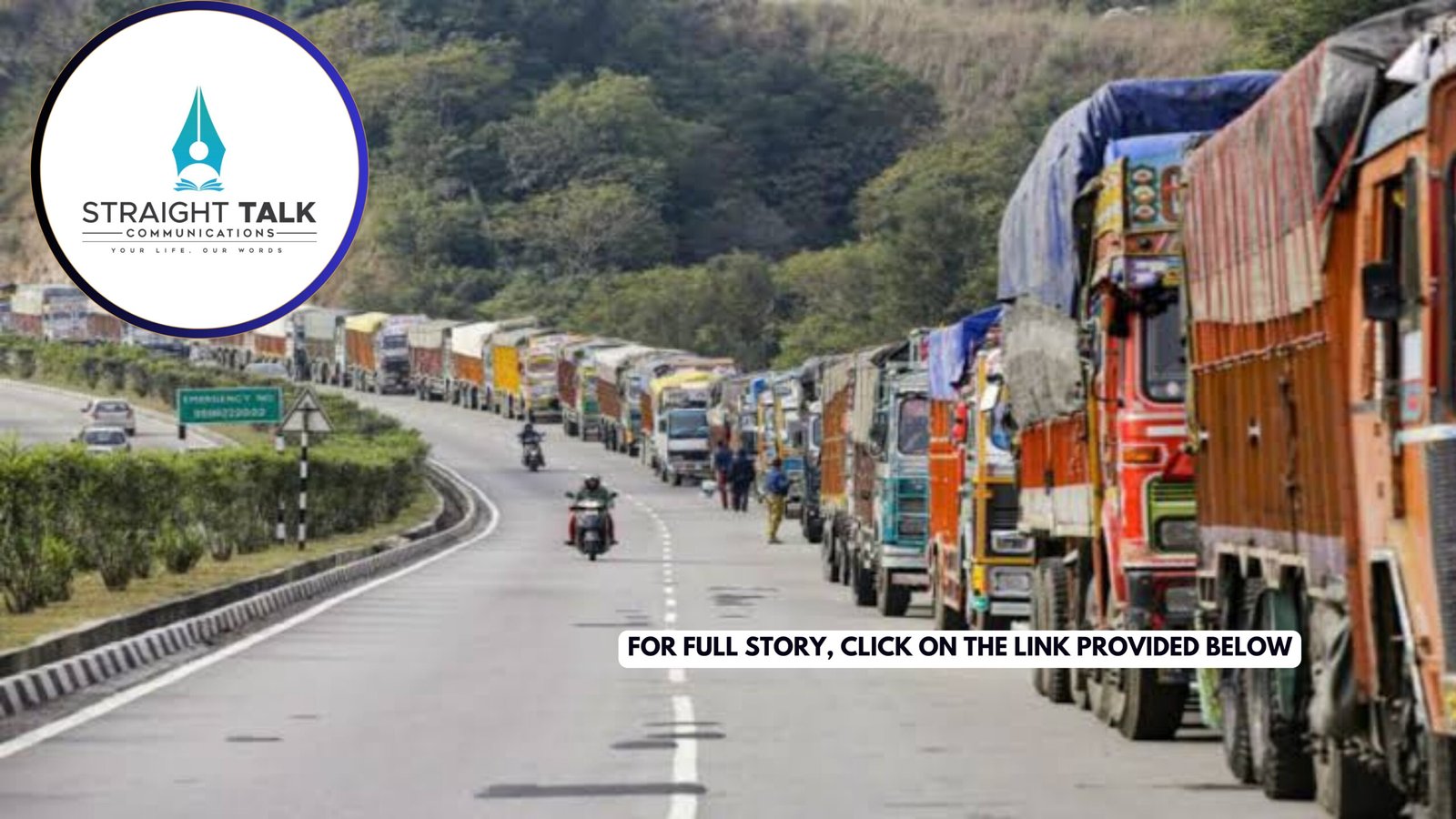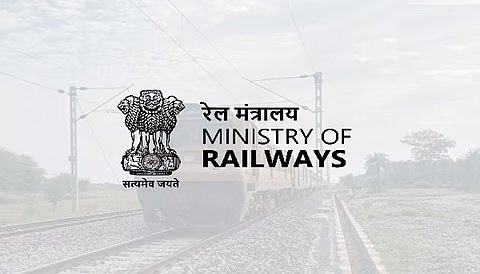NHAI criticised over poor road conditions of Jammu – Srnagar national highway at Udhampur

STC NEWS DESK
SRINAGAR, SEPTEMBER 15 (STC): National Highway Authority of India (NHAI) has come under sharp criticism for failing to make a 300-meter stretch of road motorable between Tharad and Balli Nallah in Udhampur district of Jammu division. The commuters have urged the Authority to undertake steps to widen the road and smoothen its surface.
According to the reports, the 300-metre-long, narrow, and severely uneven muddy stretch located between Tharad and Balli Nallah in Udhampur district is at the centre of the ongoing highway crisis.
A group of fruit growers accused the National Highways Authority of India of failing to increase the road’s width and level its surface.
“We appeal to Union Minister for Road Transport and Highways Nitin Gadkari and Lieutenant Governor Manoj Sinha to intervene and ensure that NHAI undertakes steps to widen the road and smoothen its surface,” they said.
Officials told that the stretch was built by the National Highways Authority of India (NHAI) earlier this month after the existing road was buried under debris from a mountain that collapsed onto the highway, and a portion of it was washed away by rains.
“This stretch is responsible for the ongoing crisis. The road is so narrow that only one vehicle can pass through at a time. It should be widened to allow two vehicles to ply simultaneously,” they said, adding that the surface is so uneven that vehicles struggle to pass and often get stuck in the mud.
Reportedly, vehicles are struggling to navigate this stretch and are getting stuck in the muck.
Reports quoting officials confirmed that thousands of vehicles have been stuck on the highway over the past few days.
“On a normal day during peak fruit season, around 10000 vehicles, including 1000 apple trucks, ply on the highway. But due to the current road conditions, only 700 to 1000 vehicles are able to move through. Besides, around 2500 vehicles are diverted via Mughal Road. This results in a daily backlog of nearly 6,000 vehicles per day,” they said.
(Straight Talk Communications)







